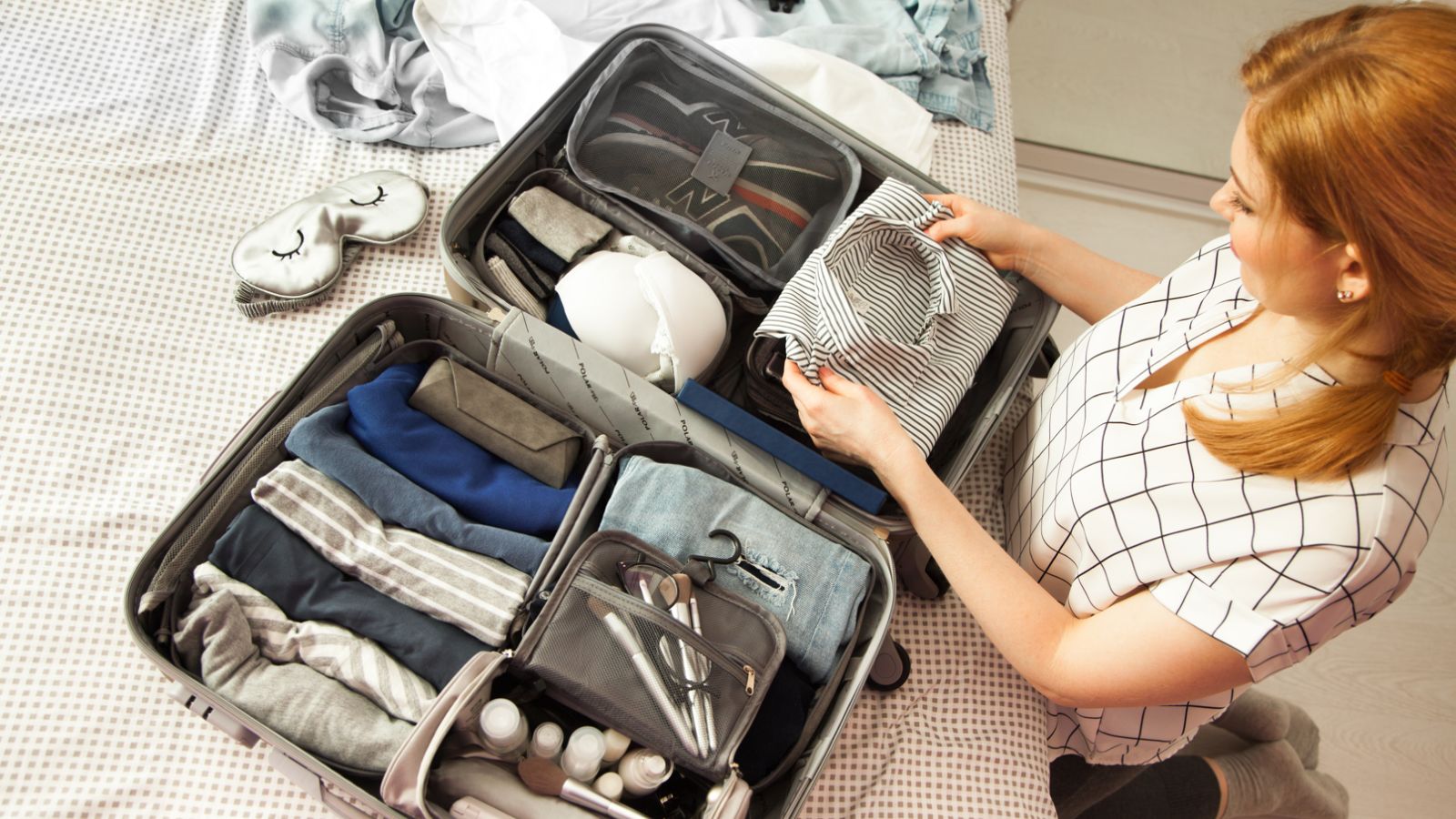For many U.S. citizens, traveling to Europe is a lifelong dream, promising history, stunning scenery, and an array of new cultures and cuisines. But take care—cultural differences can sometimes lead to an unwise tourist unwittingly committing an embarrassing or insulting faux pas. Here are 17 key social rules to keep in mind if you’re ever lucky enough to explore the European continent.
Assuming Everyone Speaks English

Tomedes reports, “Europe is home to 24 official languages, while as many as 200 languages are spoken across the continent.” While English is widely spoken, never presume that every European you meet will be fluent. Locals appreciate when visitors learn basic phrases, as it demonstrates respect and a willingness to engage with them.
Expecting American Dining

Restaurants in Europe can be very different from those in the U.S. Robe-trotting says meals are more leisurely, with slower and perhaps less attentive service, while tips and taxes are often included in the menu price. Conversation is allowed, but diners tend to be quieter and more polite than your average American diner.
Over-Tipping

According to Rick Steves, a 5–10% tip is usual in European restaurants but is by no means expected, and a 10% tip or more is considered high. Unlike in the U.S., tipping is not a significant part of the service industry, and employees are typically paid minimum wage before tips. Be careful not to over-tip, or you may accidentally offend your hosts.
Ignoring Local Traditions

Europe has 50 separate countries but over 150 distinct cultural groups, according to Britannica. It’s important for American travelers to research and respect the traditions and practices of each country they’ll be traveling to, particularly in rural areas outside of cities whose residents will be less accustomed to foreign visitors.
Loud Public Behavior

Americans are often stereotyped as being loud, and it’s a common ‘joke’ that it’s easy to spot an American tourist in a crowd due to their booming conversation style. In many parts of Europe (especially in restaurants or on public transportation), it’s considered inconsiderate and impolite to speak so loudly that others can hear every word you’re saying.
Casual Attire Everywhere

Valley Magazine says fashion and dress codes are more formal and reserved in Europe, with tailored suits, shirts, and long skirts more common than sportswear. While you can wear what you want on the streets, take particular care to look respectable when entering high-end restaurants, museums, or churches, especially in high-class cities like Paris and Milan!
Expecting Ice

Unlike in the U.S., it’s fairly common for European restaurants and bars to serve drinks at room temperature, with no ice or very little. This is particularly prevalent in less touristic locations. While requesting ice is entirely acceptable, adjust your expectations when ordering and make a specific request for ice if needed.
Insensitive Jokes

European history is very long and often complex, and certain recent events within living memory remain painful for those directly impacted by them. The Irish Times says some professional European comedians tackle sensitive topics, but tragic events should not be made light of or mocked by tourists under any circumstances.
Complaining About Smoking

For better or worse, the rules on smoking cigarettes and vaping tend to be more lax on the continent than back home. Attitudes vary from country to country, but the warmer climates of Spain, Italy, and Greece may have especially casual approaches to smoking in restaurants and public spaces. Be mindful of this when eating out or preparing to complain about smoke!
Assuming You Can Use Your Credit Cards

Investopedia advises travelers always to have some cash in the local currency in case their credit card is declined or an establishment is ‘cash only.’ While debit and credit cards are often universally accepted, smaller businesses and remote tourist spots might not have such payment facilities, so coming prepared is a good idea.
Unwanted Political Opinions

With 50 countries, each with at least two main parties and countless minor ones, the amount of political variety in Europe is high. Consequently, political opinions vary greatly depending on where you are and who you’re talking to, so it’s wise to avoid talking politics without being prompted, just in case the topic is a sensitive one for your hosts.
Failing to Queue Properly

The BBC states that the British are famously polite queuers, yet other European countries take queueing even more seriously! In many European countries, queueing etiquette is strict, and actions like cutting in line or not waiting your turn are considered rude and unacceptable. So always wait patiently, and others should do the same.
Expecting 24/7 Opening Times

Unlike in the U.S., many European stores and restaurants close on Sundays, specific weekday afternoons, or to honor religious or cultural holidays. In warmer climates where an afternoon ‘siesta’ is traditional, small businesses in rural towns may even shut down during the day’s hottest hours. Beware of this when planning your day to avoid inconvenience.
Neglecting Pedestrian Rules

In many European cities, walking and biking are common modes of transportation, and in some cities like Amsterdam, they are part of the local culture. As a visitor, it’s important to remember that bikes often have priority when driving and to respect pedestrian rules, like not walking in bike lanes and waiting for the ‘green’ signal at crossings.
Overpacking

During your travels, you’ll likely visit different countries and utilize Europe’s vast array of transportation options, like trains, buses, and boats, so don’t pack the kitchen sink! European budget airlines also have strict rules about baggage and heavy penalties for overweight bags, so packing light will save you money and make your trip easier.
Overbearing Communication

While there is massive variation between countries (say, between Spain and Germany), many northern European people, in particular, do not use excessive hand gestures or physical contact while interacting. What might be seen as ‘standoffish’ in the U.S. is normal in certain places, so don’t assume everyone wants to be touched!
Over-Indulge in Alcohol

While most Americans can’t legally drink until age 21, Europeans have a far more relaxed attitude toward alcohol. Some countries, like France, allow teenagers as young as 12 to sip wine with their families at mealtimes. Don’t be surprised if you see young people drinking alcohol, and take care not to over-indulge if you’re under 21!
